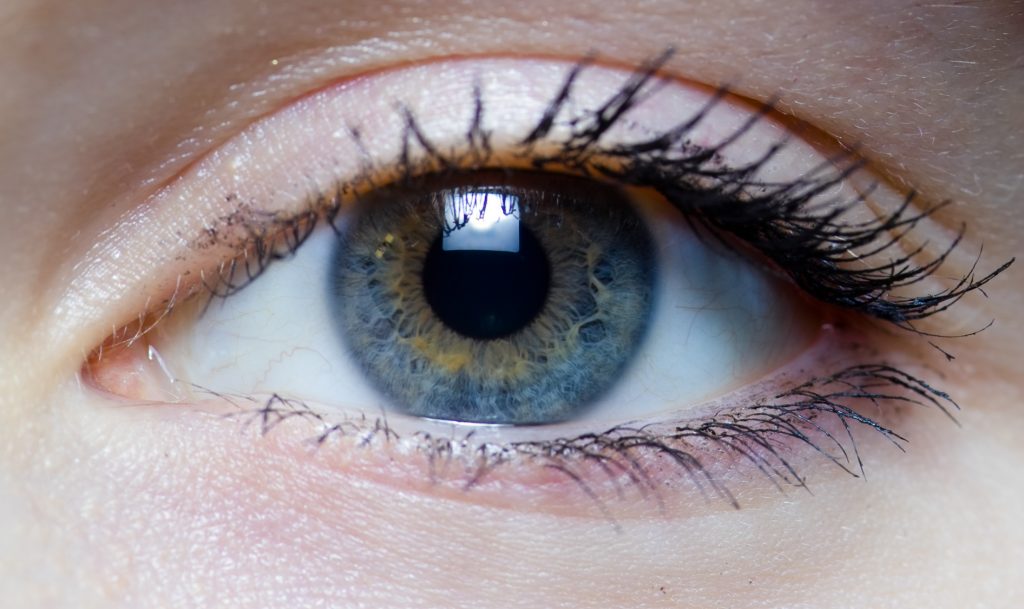Imagine you fell and cut your knee. No one gave you a band-aid, no one washed it off, your platelets didn’t come to the rescue, there were no antibodies to ward off infection, and the cut just stayed stuck there and gradually worsened. And every time you walked a certain way, it hurt. This is what happens with emotional wounds that don’t have a chance to heal. They keep hurting because the brain hasn’t had a chance to process them. This happens to a child when there’s no one there to provide reassurance, or no time or space for the brain to understand that something hurtful happened but it wasn’t your fault, and you’re going to be okay.
Trauma is defined as “a deeply distressing or disturbing experience”. A traumatic event in one’s life can range from a mother’s critical voice scolding a child for spilling milk, to a woman experiencing sexual assault, to a soldier witnessing the death of children while at war, and everything and anything in between. So PTSD doesn’t just happen to veterans and sexual abuse victims, it happens to anyone who goes through an emotionally-disturbing event and isn’t able to fully process or heal from it. The brain is left with wounds that never get healed.
But if your loved one is a heroin addict and they can’t stop putting needles in their arm, then how is all this relevant? What does all this have to do with treating addiction?
Addiction, in all its many and varied forms, is essentially a means for humans to escape some type of pain. So it would stand to reason that if we, as providers, can alleviate the underlying psychic or emotional pain of those struggling with addiction, they would have an easier time tolerating the ups and downs of life rather than seeking a way to escape from it all. It also stands to reason that relapse is less likely if unresolved trauma from the past can be processed and healed.
Often though, people struggling with addiction are completely disconnected from their bodies and their feelings, making it difficult to heal the trauma or emotional wounds they’ve buried deep inside.
But there is hope. In the late 1980’s a Ph.D. student named Francine Shapiro discovered the process of using bilateral eye movement leading to provide relief for emotional pain. This isn’t hocus pocus or some kind of brainwashing procedure, it’s an evidenced-based practice that uses the brain’s natural processing ability to alleviate emotional distress caused by disturbing life events.
EMDR, which stands for Eye Movement Desensitization and Reprocessing, has now become a widely-used practice for those struggling with diagnoses of PTSD (post-traumatic stress disorder), anxiety, depression, personality disorders, addiction, and many others. It requires highly specialized training for clinicians which uses a standard protocol involving bilateral stimulation (visual, auditory, or tactile) to help the brain remember and process disturbing memories that have never had a chance to be processed.
EMDR cannot be a stand-alone treatment for those suffering from addiction. There is still the need for developing social supports, connecting with recovery groups, improving coping skills and self-care strategies, as well as life skills training. But with the use of EMDR to help heal and process trauma, those struggling with addiction have a chance to be free of the painful life events that might otherwise cause them to seek relief from the pain and eventually relapse.
And wouldn’t it be nice if the hurts from the past that still sting when we think about them could be healed up just like that cut on our knee? Well now they can.
Rachel Markus, LCSW-C is a Primary Therapist at Maryland Addiction Recovery Center, trained in the application of EMDR. She is a graduate of University of Maryland, College Park and received her Master’s Degree in social work from the University of Maryland- Baltimore, graduating in the top 10 percent of her class. At Maryland Addiction Recovery Center, Rachel works as a primary therapist, working with patients and their families throughout their stay in the MARC continuum of care, using an integrated, person-centered approach that includes aspects of motivational interviewing, sensorimotor, cognitive-behavioral and mindfulness techniques.
If you or someone you know is in need of help because of drug and/or alcohol abuse or addiction, please give us a call. Maryland Addiction Recovery Center offers the most comprehensive dual diagnosis addiction treatment in the Mid-Atlantic area. If we aren’t the best fit for you or your loved one, we will take the necessary time to work with you to find a treatment center or provider that better fits your needs. Please give us a call at (410) 773-0500 or email our team at info@marylandaddictionrecovery.com. For more information on all of our drug addiction and alcohol addiction services and recovery resources, please visit our web site at www.marylandaddictionrecovery.com.
